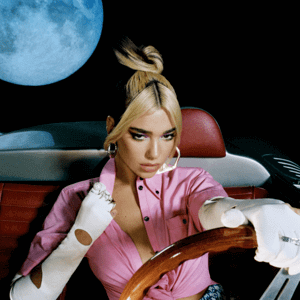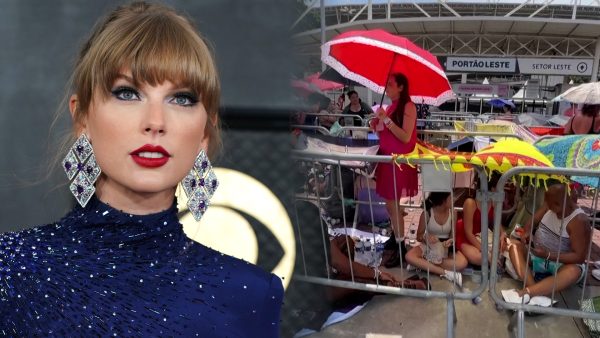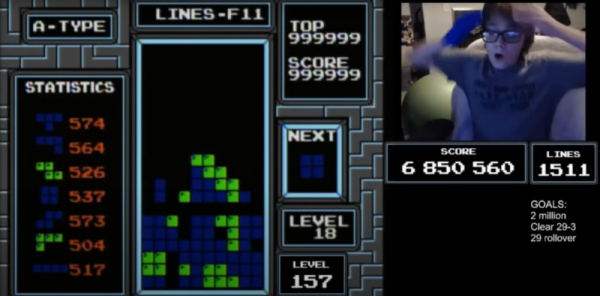Dua Lipa goes “back to the future” in latest record

The album’s cover captures its 80’s essence perfectly.
For any rising music star, the sophomore album is a defining moment in the trajectory of their career. While a debut release has the potential to make waves and place an artist on the map as a force to be reckoned with (and listened to), any success they experience following a full-length release raises an important question—what will they do next? Can they maintain stardom, prolong relevance? For women in music, the pressure is even greater. Female stars are generally expected to reinvent their entire image, to craft a completely new “era” for every subsequent release. Though such an expectation is a questionable trend of the industry, perhaps placing unequal pressure on the ladies, a follow-up album is their first opportunity to prove their prowess in the pop star space. Taylor Swift’s second album, Fearless, was her first of two Grammy wins for Album of the Year. Lorde’s Melodrama was met with critical acclaim. Carly Rae Jepsen’s E*MO*TION trailblazed the trends for pop music of the 2010’s. For Dua Lipa, the sophomore album was a chance to prove her worth, and she delivers, releasing a mature and infectious eleven-track record that exceeds expectations and presents pure, disco pop excellence.
The pressure was on long before the moment Lipa graced the Grammys stage in 2019 to receive the award for Best New Artist. Still, her win begged the question—what kind of recipient would she be? The category is home to many household names, though certain winners of the award during the 2010’s caused some to question its prestige. The result? The birth of the “Best New Artist curse,” an urban legend which dictates that to win the award is to thereafter fade away into musical obscurity. If Future Nostalgia is anything to go by, Dua Lipa has either unmasked the curse as a mere industry legend, or, more likely, single-handedly utilized her sound to break it all at once. Speaking of which, with the release of Future Nostalgia, it’s finally clear just what the Dua Lipa “sound” truly is. Built entirely from the framework dancefloor hits of the 80’s, this new record presents a refreshingly tight and cohesive body of work, unprecedented by those before it. Whereas the music of the past decade merely drew inspiration from late 1900’s hits, Dua Lipa has unapologetically used the trends of contemporary pop to craft Future Nostalgia completely out of existing parts. From the repeated Olivia Newton John homages in track 4—the synth wrapped, “Physical,”—to the filtered, strumming baseline of “Break My Heart,” Lipa has no doubt accomplished her goal of creating a record that’s sounds like it’s from the past, simultaneously listening like it came straight out of the future. Save for two tracks on the entire album, Future Nostalgia plays at breakneck speeds. It’s paced as any disco album should be, in that it has no pace at all. The sheer number of oxymorons permeating the new tracks from Lipa’s library should come as no surprise from an album whose title is inherently contradictory.
Challenging the patriarchy, Lipa concludes the album with “Boys Will Be Boys.” Though the feminist anthem is expertly produced, its tonal shift is questionable, especially following the high energy tracks which precede it. Still, for having an opening track that asserts, “I know you ain’t used to a female alpha,” perhaps the message of Track 11 is the true, cohesive reasoning for its inclusion the final release. Like it or not, Future Nostalgia ends on a note that preaches volumes higher than the playful fun of the rest of the record, ground the “Levitating” artist once more in the reality of the world she lives in—and now—clearly holds influence in.






